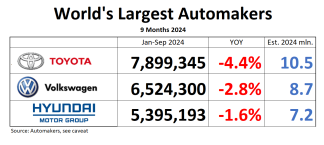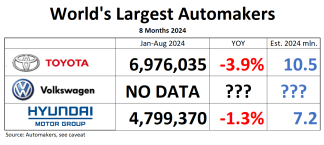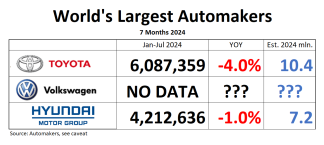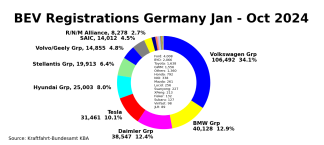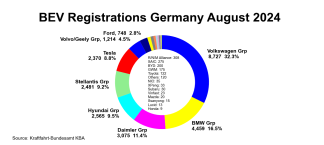
And all the investigations, all of Lutz’s men, couldn’t figure out who was in charge of things then…
In the wake of General Motors’ and Mary Barra’s public lambasting last week, at the hands Congress and Comedy alike, a new sense of gravity now surrounds the still-unfolding scandal. Combined with the shocking facts surrounding the defect itself, Barra’s performance paints a picture of a GM unable to establish basic accountability without outside intervention. In a recent interview with New York Magazine, and sounding more like a corporate consultant than radical activist, Ralph Nader advises Barra to act relentlessly, arguing:
Look what it’s costing them: It’s already at $750 million and growing. What’s it cost them in lost sales? All kinds of stuff spills out, even if it’s not directly related to the ignition switch. She knows that it’s just going to get worse and worse. There are going to be whistle-blowers, and plain envelopes, especially when the press sees prizes — they see Polk Awards, Pulitzers, and so on — once they get into that realm, there’s no stopping it.
This has all the elements. It’s a cocktail that gets it going. It is very difficult to get the press into that realm — take it from someone who knows from over the years.
Ralph’s right: Barra’s unconvincing performance last week has stepped up pressure to find the answers she wouldn’t provide, and there’s no knowing where some tough digging could lead. After all, there are answers that Barra refused to give still hiding in (relatively) plain sight. With the help of a single book and internet access, anyone can find insight into the problems that are stumping Congress, the media and Mary Barra herself… Let’s not wait for the investigation, shall we?







